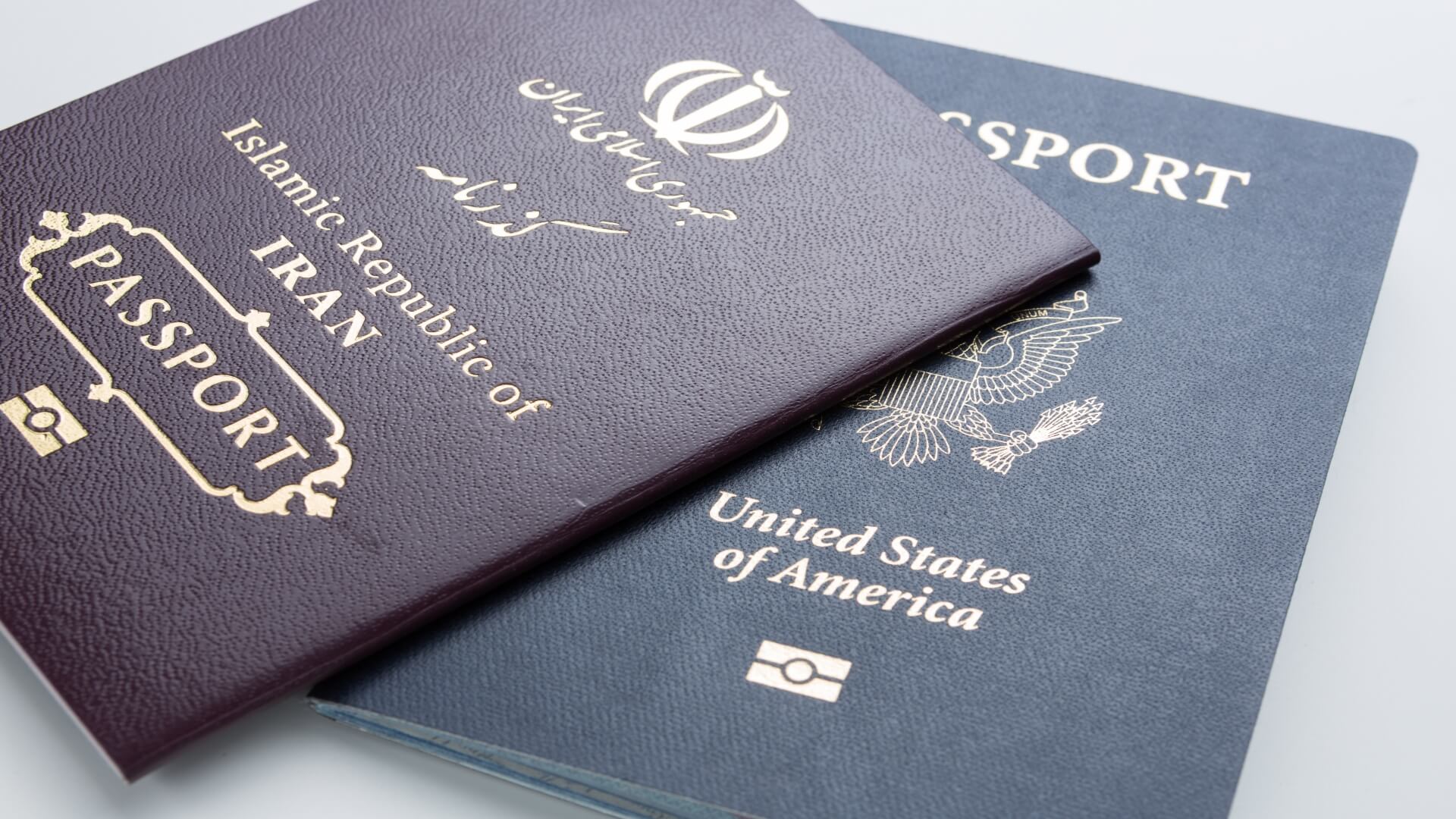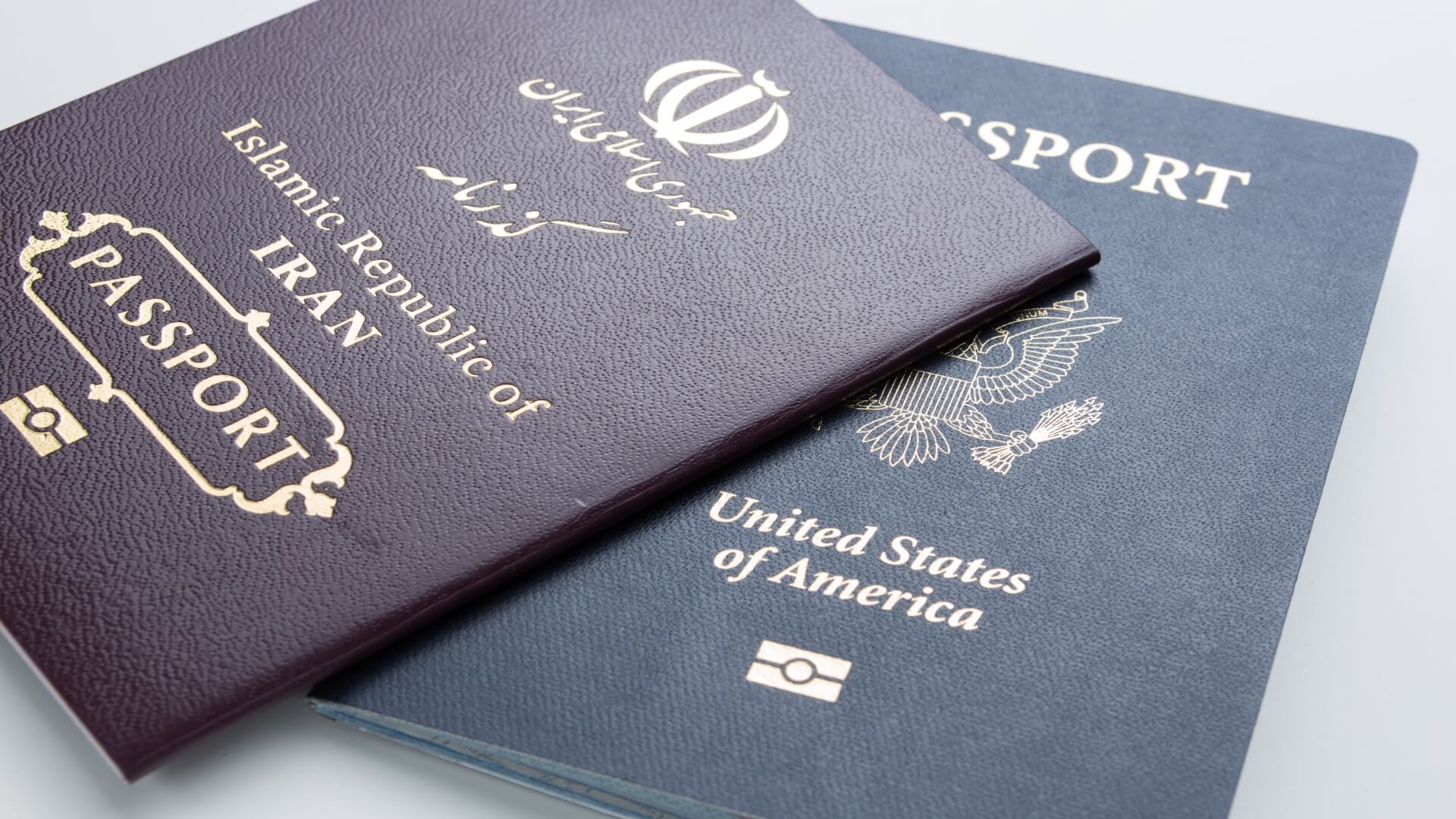
With the world becoming increasingly connected, it’s no surprise that more and more people are considering dual citizenship. In fact, if you want to obtain citizenship in the Caribbean, St Kitts and Nevis passport is one of the easiest to apply for.
A second passport can offer many benefits, such as traveling freely and working internationally. But before you take the plunge, consider a few important things. In this article, we’ll go over four important things to consider when obtaining dual citizenship, such as the costs involved and the impact on your taxes. By the end, you’ll better understand whether dual citizenship is right for you.
Copyright: Coverkit on Unsplash l Licence: CC0 Public Domain
The Possibility of Dual Citizenship
If you’re looking to obtain dual citizenship, it’s important to understand the rules and regulations surrounding this process. Applying for and attaining dual citizenship isn’t an easy process. There are many factors that must be taken into consideration before deciding.
Each country will have its own rules about applying for dual citizenship. However, some of the requirements include the following:
- You must live in a country for 3-5 years before you can apply for a second passport
- You must have a clear criminal record
- Police clearance report from your home country
- Before you can think about the requirements needed to apply for dual citizenship, there are a few factors you need to consider:
The Cost of Dual Citizenship
The cost is one of the most important things to consider before obtaining dual citizenship. Depending on the country, obtaining dual citizenship can be quite expensive. In addition to the fees associated with applying, other costs may be considered, such as language tests, travel expenses, and even immigration lawyers. It is important to keep in mind that the cost can vary greatly from one country to another.
Once you obtain dual citizenship, you might be liable for taxes and other related costs. As such, the cost and expenses don’t stop once you obtain citizenship. Luckily, there is a chance of your taxes being decreased.
The Benefits of Dual Citizenship
It’s not all about the money when it comes to dual citizenship. Although there are costs associated with obtaining dual citizenship, there are also numerous benefits. One of the most significant is gaining access to additional opportunities.
With dual citizenship, you will gain access to another business market and the opportunity to work in another country. With virtual work being the new norm, you might be able to do business in two different countries at the same time.
Another key advantage is being able to access additional education opportunities and even health care benefits. Furthermore, dual citizenship is an excellent way to increase cultural understanding and open the door for potential investments.
Other benefits include:
- Being able to protect yourself in the event of political instability
- Being able to leave a country should the need arise
- Visa-free travel. For example, a Canadian passport will allow you to visit Iceland, Sweden, and the Netherlands without a visa
The Process of Applying for Dual Citizenship
The application process will vary greatly depending on the country you wish to obtain citizenship. Generally speaking, though, there are a few key steps you’ll need to take.
First, you will have to ensure that you meet all eligibility requirements. Once you’ve established that you do, you’ll need to submit an application along with all required documentation. Some of these will include the following:
- Proof of nationality
- Passport photos
- Birth and marriage certificates
- Police clearance reports
- Proof of financial stability After submitting your application, you’ll typically have to wait for the decision to be made. This can take 4-6 months to process, depending on the country. Once a decision has been reached, you may have to take additional steps to finalize the process. This can be anything from having to visit the country to sign documents to applying for another I.D. or passport.
The Likelihood of a Citizenship Exam
In certain countries, you must take a citizenship or civic exam before becoming a citizen. Most countries require that you take an exam in person or online. For example, in America, the civics test is done orally, where you need to answer ten questions.
The length of time it takes for each test varies from country to country, but most exams usually last between 1-2 hours, and they test basic grammar rules and vocabulary as well as knowledge about local culture (languages).





















